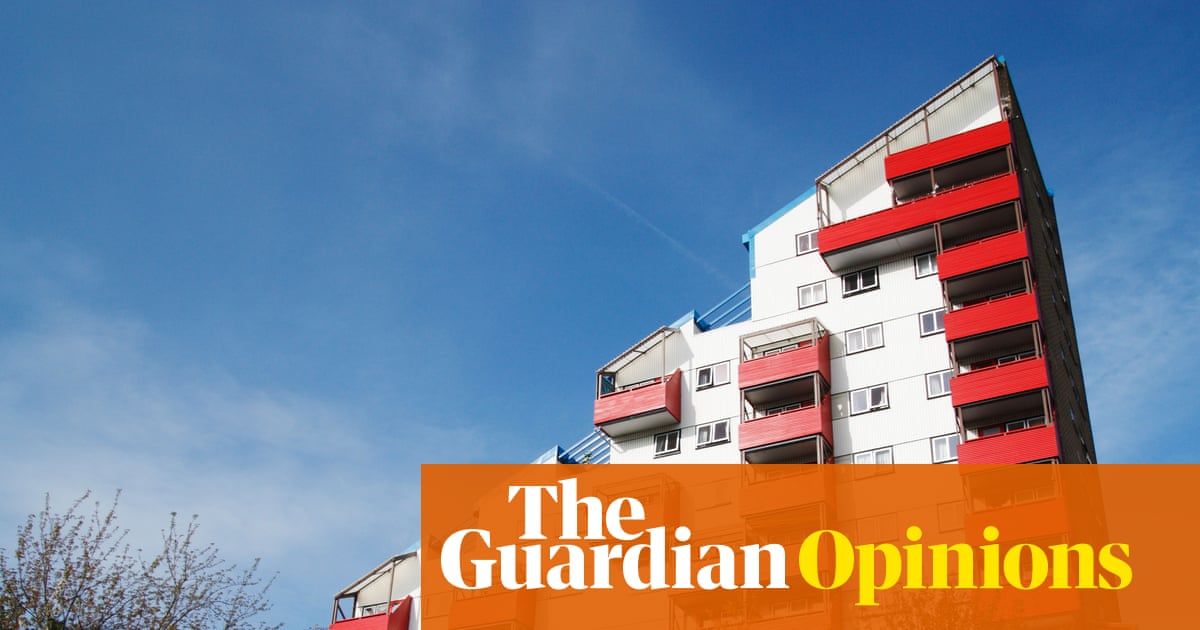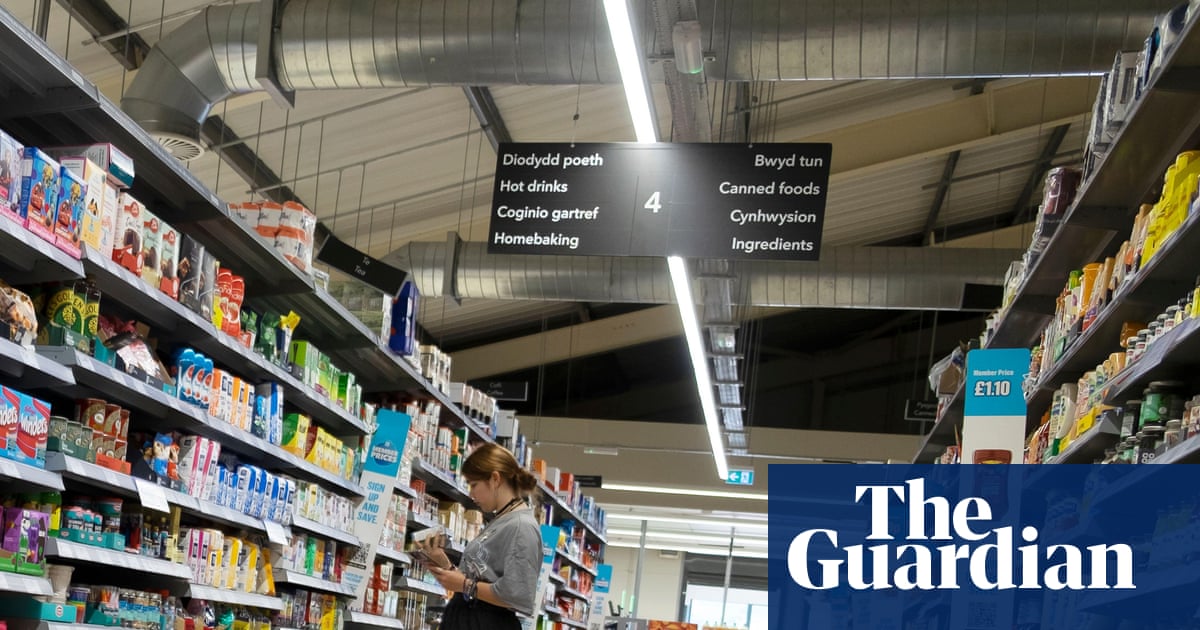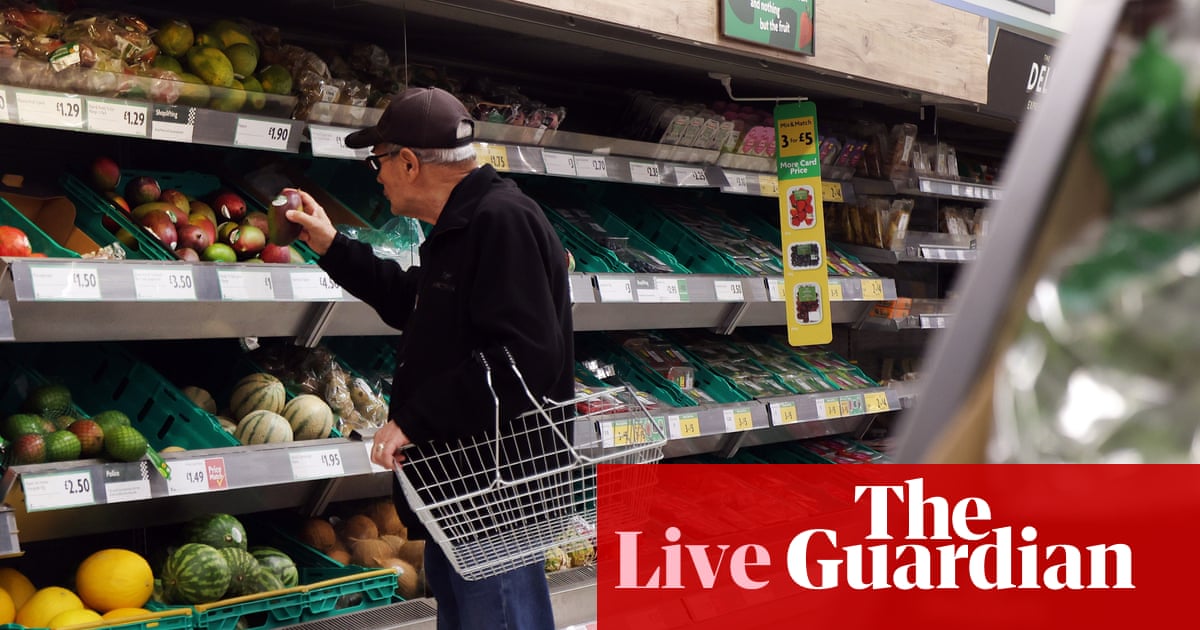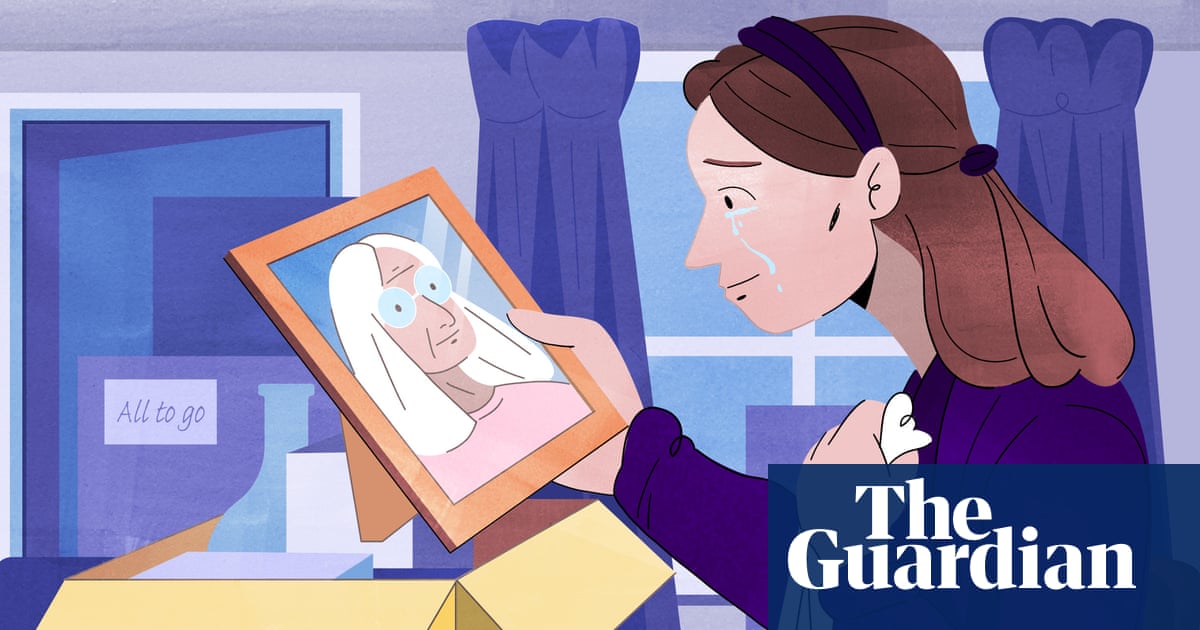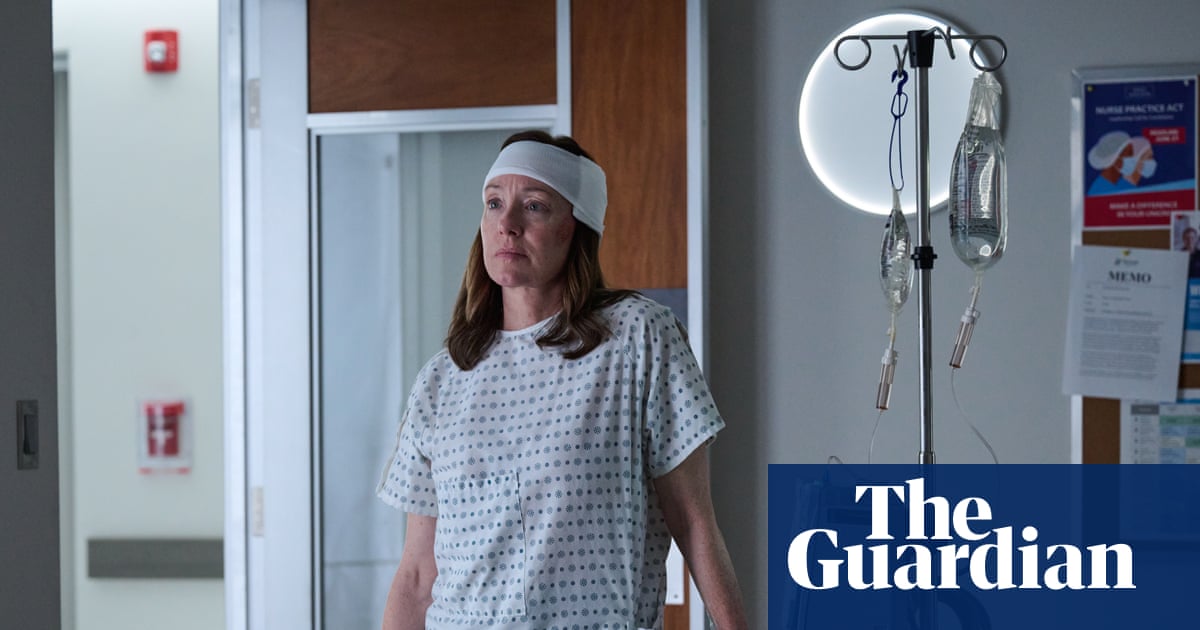More than 5 million UK adults are experiencing a triple whammy of financial, health and housing insecurity as British households hit levels of “multi-stress” not seen since the global economic crash well over a decade ago, research shows.
One in 10 working-age adults are juggling low income and debt, insecure tenancies and high rents, and problems accessing NHS care. They are at least twice as likely as the rest of the population to report mental stress, sleeplessness and isolation.
Researchers said the explosion in multiple insecurity amounted to a “national stress crisis”, with those affected experiencing heightened volatility and uncertainty in their lives and profound feelings of powerlessness and lack of control.
The analysis highlights the rise in the number of people experiencing a combination of three separate categories of insecurity to map the extent to which people have the capacity to enjoy a good quality of life, materially and psychologically.
Becky Tunstall, a co-author of the research and LSE visiting professor, said the findings represented a challenge to the chancellor, Rachel Reeves, to help millions of people who struggle to pay bills and access public services, and who feel their lives are on hold.
Tunstall said there was very likely to be a link between the rise in multiple insecurities and the increase in voter dissatisfaction with mainstream politicians and support for populist parties such as Reform.
“The last time people were under this much pressure was at the peak of the global financial crisis. Now we’re having a national stress crisis. People in all walks of life need urgent and substantial change to take some pressure off,” Tunstall said. “Over 5 million people are under stress from financial problems, housing problems and health problems all at the same time. Three million of them feel constantly under strain; two and a half million are having problems sleeping.”
Reeves has previously talked of an “age of insecurity” and has propounded a philosophy of “securonomics”, which involves policies designed to deliver growth through delivering good jobs, strong public services and an end to rising prices.
A year into government, Labour has struggled to meet many voters’ expectations of rapid change after years of austerity cuts and falling living standards, despite plans to build more housing, cut NHS waiting lists, invest in public transport and tackle child poverty.
The research says while economic growth is a priority it must be paired with measures to reduce “volatility and uncertainty” in people’s lives, through policies such as scrapping the two-child limit on benefits, investing in public services and expanding Citizens Advice-style support services.
The research, which was commissioned under the previous government as part of its levelling up policy, analysed the latest Understanding Society household research data alongside in-depth interviews with people in Sheffield, Milton Keynes and Lincolnshire.
One interviewee told researchers: “I would love to be in a place where I could feel safe and feel just content that I don’t have to worry about paying the rent or buying food and we could live a healthy lifestyle in a safe place.”
For many research participants, multiple insecurity brought a heightened sense of “life put on hold”, often triggered by long waits for NHS appointments or home repairs, and a sense of powerlessness in dealings with remote and hard-to-navigate public service bureaucracies.
Although 9% of UK working-age adults as a whole experienced combined financial, health and housing insecurities, some groups had much higher rates, such as 32% for people with a disability or long-term illness. People from minority ethnic groups were also more likely to be multiply insecure.
While employment offered some protection against insecurity and stress, 41% of people in work were financially insecure, 31% were health insecure and 30% housing insecure. Seven per cent of people in work experienced a combination of all three.
A government spokesperson said it was committed to driving up living standards and had increased the national minimum wage and uprated benefits. “We are also reforming the NHS to get it back on its feet and cutting waiting lists by delivering an extra 3m appointments since July and have committed to the biggest boost to social and affordable housing in a generation,” they said.

 3 months ago
184
3 months ago
184


